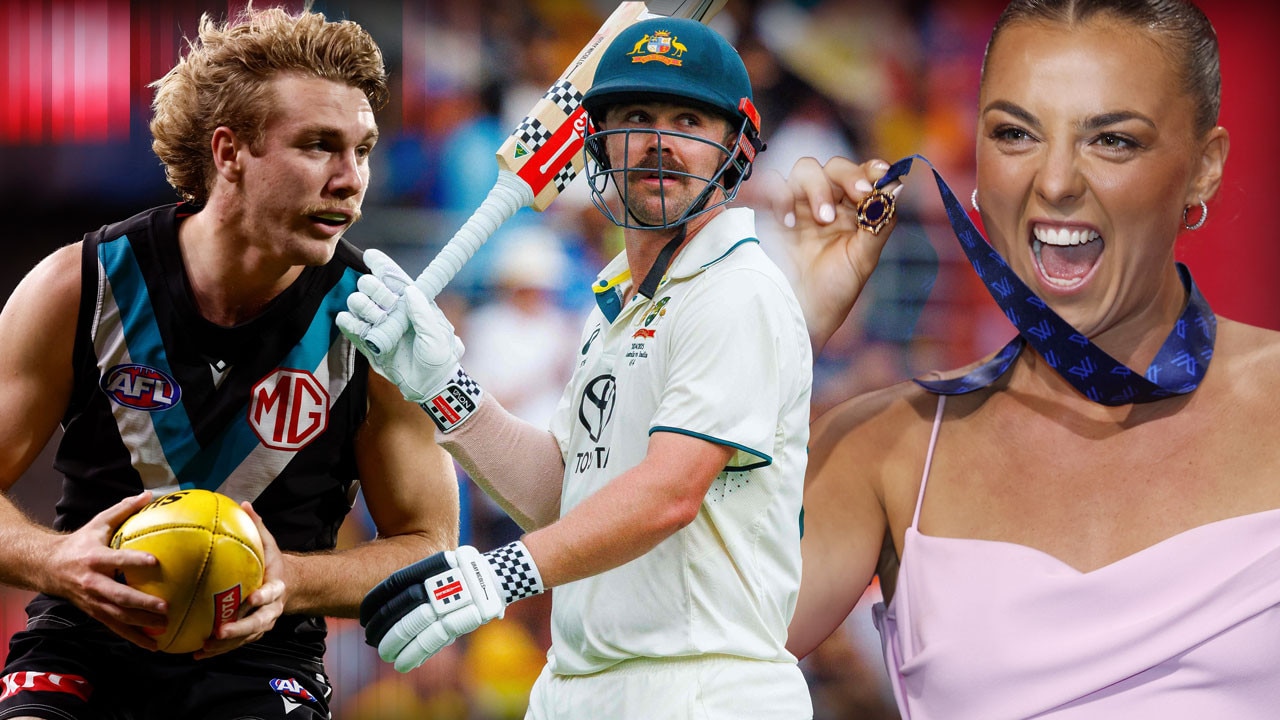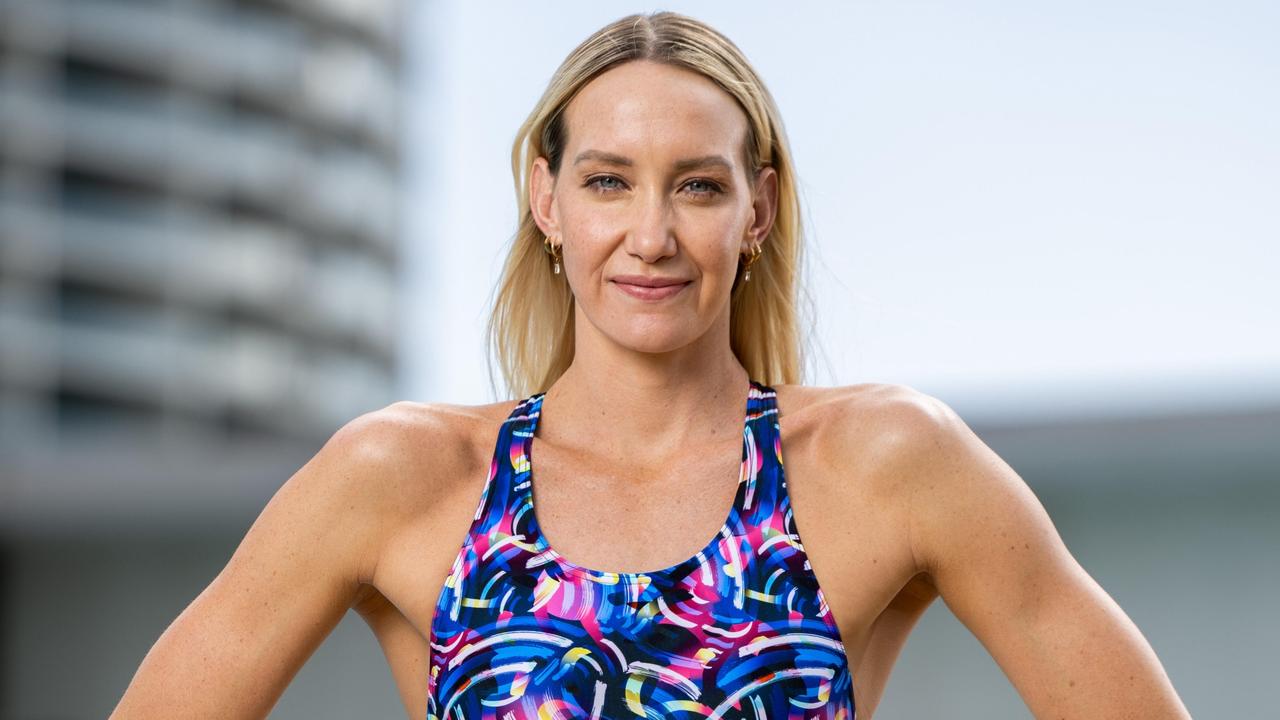IOC must send drug cheats strong message by banning Russia from Rio, says Raelene Boyle
RAELENE Boyle, the Aussie sprinter robbed of two Olympic golds by the East German doping system, says the IOC must send drug cheats a message by banning Russia.
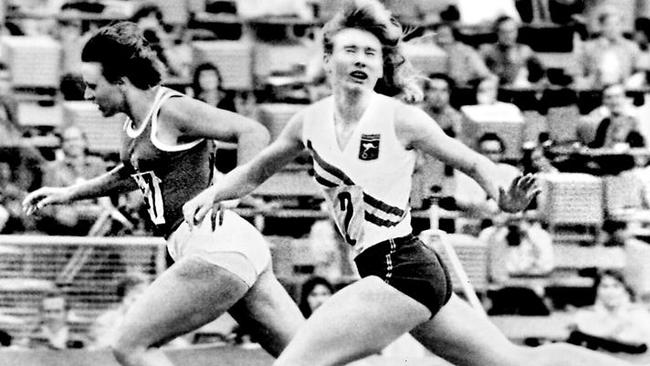
Olympics
Don't miss out on the headlines from Olympics. Followed categories will be added to My News.
RAELENE Boyle, the champion Australian sprinter robbed of two Olympic golds by the East German doping system, believes there is only one way to prevent another generation of clean athletes being cheated.
Kick Russia out of the Olympics.
“It is sad for the individual athletes but they are a part of the whole program,” Boyle said.
“I just think give the rest of the of world a fair go.”
Boyle has been an outspoken advocate against drug cheats and the doping scandals that have arisen in the decades since her athletics career.
But perhaps none have hit as close to home as the revelations on Monday that Russian authorities orchestrated a massive, state-sponsored doping system across a large number of sports.
It is on a scale not seen since the infamous East German doping programs of the 1970s and 80s, which denied Boyle at least two Olympic gold medals.
Boyle won silver in the 100m and 200m at the 1972 Munich Games, beaten in both by East German Renate Stecher.
DOPING TRAP: Russia’s plea on Rio Olympics ban
WADA: ‘Russia should be banned from Rio’
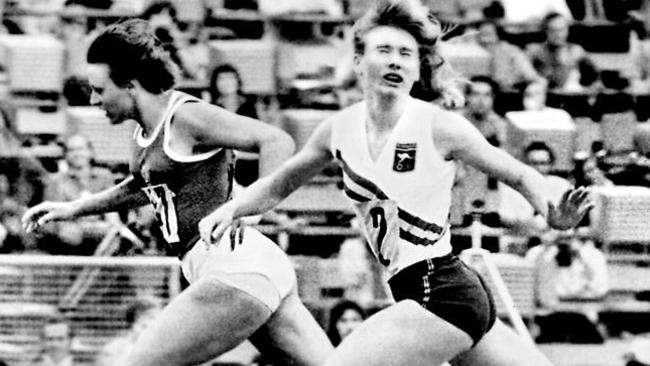
East German secret service files later strongly indicated Stecher was one of 9000 athletes taking performance enhancing substances between 1972 and 1989. The German Democratic Republic won 384 Olympic medals in that period, and 27 years on Boyle is not shocked to learn of a state-sponsored program in modern Russia.
“You are taking about a socialist state. It is going to be coming from Putin through the sports minister,” Boyle said.
“I would think for any sport where an individual’s performance can be improved by taking one thing or another, it will be being used to prove they are a superior race to the rest of us.
“I have no doubt they have quite a sophisticated medical and scientific fraternity using whatever is available and appropriate for each sport.”
Boyle believes while the systematic doping programs had been “suppressed” since the GDR abuses were exposed, but never extinguished.
“You are not seeing the state-driven situations as you did with the East Germans, but I don’t think it is disappeared from that part of the world,” Boyle said.
Boyle believes the world would be “shocked” to learn the true extent of athletes using performance enhancing substances in sport.
Banning Russian from the Rio Olympics would deliver a powerful message, and could potentially even help create a cleaner, fairer sporting world.
“If that message does get across, maybe we will see a reduction in the performance enhancing drugs taken and it turn the fair platform for the athletes that don’t cheat will be created. Although I find it hard to believe,” Boyle said.
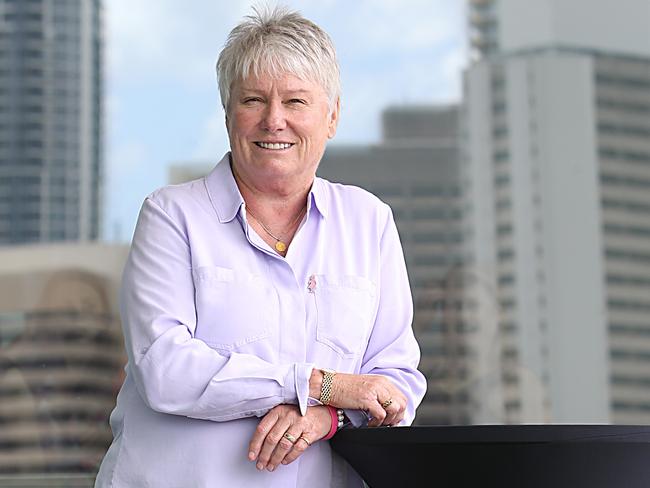
“But hopefully the message getting through is you will get caught eventually.”
Boyle is sceptical about whether the IOC will boot Russia’s remaining Olympic team members — the athletics team is already banned — because of the complex legal processes that must be followed in a short space of time.
But either way, she says, Australian athletes must enter the Olympics with a positive mindset.
“Unfortunately in today’s sport you are going to be competing against people who are not so honest,” Boyle said.
“But you still have to get out there and have a go. Hopefully in the future, with WADA catching up with so many of them, the athletes of tomorrow will get an even playing field.”

